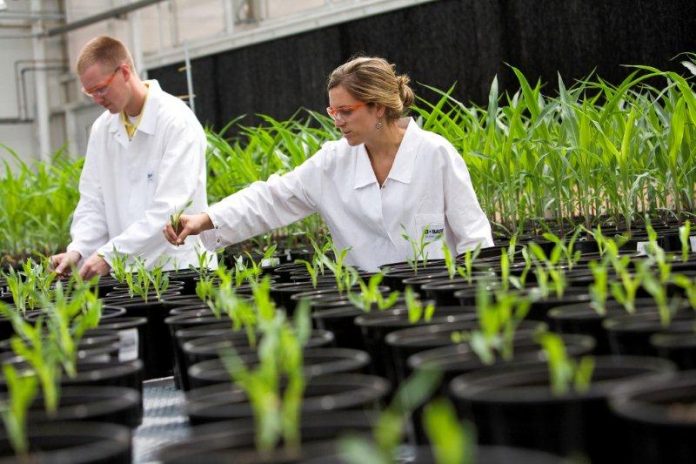Antibiotics Persisting in Manure Leaching into Environment: Study
Manure treatment technologies are rapidly developing to minimize eutrophication of surrounding environments and potentially decrease the introduction of antibiotics and antibiotic resistant genes (ARGs) into the environment.
While laboratory and pilot-scale manure treatment systems boast promising results, antibiotic and ARG removals in full-scale systems receiving continuous manure input have not been evaluated. The effect of treatment on ARGs is similarly lacking.
Now, a new study reveals that even the “elite” of the waste disposal treatments available today on farms do not fully remove antibiotics from manure. Both technologies — advanced anaerobic digestion and reverse osmosis filtration — leave behind concernin
g levels of antibiotic residues, which can include both the drugs themselves and molecules that the drugs break down into.Researchers found that this solid matter may contain higher concentrations of antibiotics than unprocessed manure, a discovery that is particularly disturbing because this material is often released into the environment when it’s used as animal bedding or sold as fertilizer.
“We were hoping that these advanced treatment technologies could remove antibiotics. As it turns out, they were not as effective as we thought they could be,” says Diana Aga, PhD, Henry M. Woodburn Professor of Chemistry in the University at Buffalo College of Arts and Sciences.
She does offer some hope, however: “On the positive side, I think that a multistep process that also includes composting at the end of the system could significantly reduce the levels of antibiotics. Our earlier studies on poultry litter demonstrated that up to 70 percent reduction in antibiotics called ionophores can be achieved after 150 days of composting. Testing this hypothesis on dairy farm manure is the next phase of our project, and we are seeing some positive results.”
Specifically, researchers analyzed two types of antibiotics: Tetracycline, which in humans helps treat conditions ranging from acne to chlamydia, is used to treat a variety of ailments in livestock. Ionophores, which promote growth in dairy cows and treat a parasitic disease called coccidiosis, was also analyzed. Both liquid and solid waste was found to contain genes that showed resistance to these antibiotics.
“Neither of the treatment systems we studied was designed to remove antibiotics from waste as the primary goal,” Aga says. “Advanced anaerobic digestion is used to reduce odors and produce biogas, and reverse osmosis is used to recycle water. They were not meant to address removal of antibiotic compounds.”
“This problem is not limited to agriculture: Waste treatment systems today, including those designed to handle municipal wastewater, hospital wastes and even waste from antibiotic manufacturing industries, do not have treatment of antibiotics in mind. This is an extremely important global issue because the rise of antibiotic resistance in the environment is unprecedented. We need to start thinking about this if we want to prevent the continued spread of resistance in the environment.”
“Both of the systems we studied are a good first step in reducing the spread of antibiotics and potentially reduce resistance in the environment, but our study shows that more must be done,” Aga says. “We need to look at different waste management practices that, maybe in combination, could reduce the spread of antibiotic compounds and resistance in the environment.”
Aga points to composting as one area to explore. The team further, wants to study how advanced anaerobic digestion can be used in conjunction with composting of solid materials to remove antibiotics and their breakdown products from manure.






























